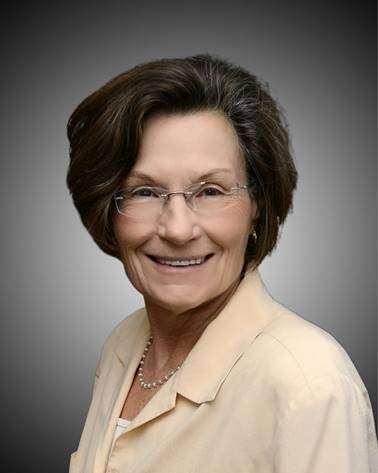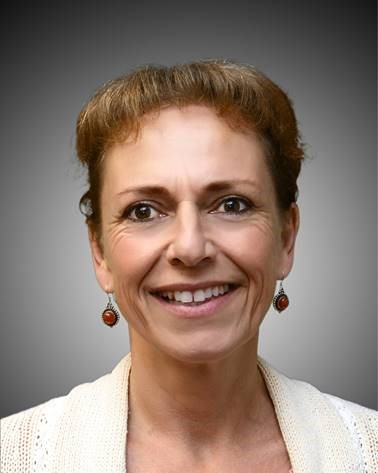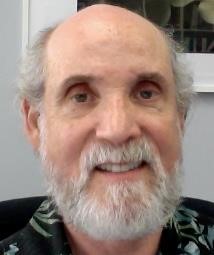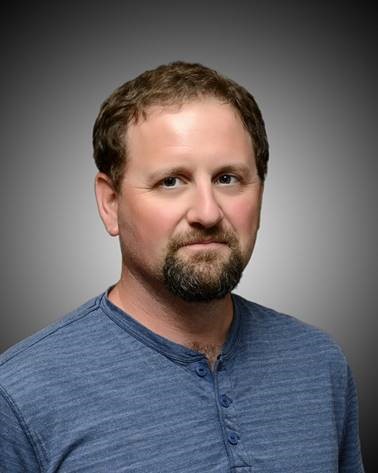Neuroscience Research Unit
The Neuroscience Unit (NU) supports the CESAMH Mission by conducting pre-clinical investigations, proof-of-concept early phase (pharmaceutical and/or electro-stimulatory) treatment trials, or in tandem with the CRU, by developing clinical treatment trials using biological markers predictive of/or related to symptom course and treatment response in PTSD, mTBI and co-occurring deleterious health outcomes.
NU scientists have expertise in:
- Genomics, methylomics, metabolomics of PTSD and related conditions
- Bioassay and laboratory knowledge and techniques (e.g. molecular biology and cell signaling) key to investigation of PTSD and stress-related conditions
- Translational expertise in biological measurement and interpretation of underlying behavior and physiologic mechanisms (e.g. fear learning) of trauma- and TBI- related pathology
- Structural and functional neuroimaging techniques and neural processing of neural integrity and activity observed in PTSD, mTBI and related conditions (e.g. pain, tinnitus)
- Pharmaceutical trials and longitudinal studies of PTSD, mTBI risk and resilience and long-term outcomes
- Clinical care of individuals with PTSD, mTBI and co-occurring disorders
The research goals of the NU are:
- To identify and evaluate viable targets for intervention for trauma-related conditions and to provide proof-of-concept evidence to support targeted treatments for PTSD, mTBI and related co-morbidities (e.g. pain, tinnitus)
- To identify physiological, cognitive, and behavioral outcomes of trauma by
- Employing translational studies to elucidate mechanisms of risk, injury and treatment response in PTSD, TBI and related conditions
- Collaborating within and across units to examine the genetic, epigenetic, cognitive, behavioral, and environmental mechanisms predictive of outcome trajectories in Veterans accessing VA care
- Working with affiliated national resources including phenotype databases and sample repositories linked to the Marine Resiliency Study, The VETSA Twin Registry and the Psychiatric Genomics Consortium (PGC) PTSD GWAS and EWAS workgroups to examine the genetic, epigenetic, cognitive, behavioral, and environmental mechanisms predictive of outcome trajectories in veterans exposed to trauma
- To coordinate across CESAMH to foster and validate novel treatments and markers predictive of treatment response

Dewleen G. Baker, M.D. - Director, Neuroscience Research Unit
Dr. Baker’s role in CESAMH is informed by her background as a clinician, research scientist and educator in VA (Cincinnati and San Diego) and at the University of Cincinnati (UC) and University of California San Diego (UCSD) which has focused upon stress-related disorders; post-traumatic stress disorder (PTSD), Gulf War Illness, and mild traumatic brain injury (mTBI). As Director of the CESAMH Neuroscience Research Unit, her role is to work in tandem with the CESAMH Executive Leadership Team (ELT) and Neuroscience Unit Members to assure teamwork in accomplishing CESAMH goals and initiatives, to encourage productive CESAMH-related internal and external collaborations, and to foster an atmosphere that supports of innovation in development of new ideas and CESAMH-related projects.

Caroline Nievergelt, Ph.D. – Associate Director, Neuroscience Research Unit
Dr. Nievergelt provides leadership for research and program development, including leading the
Psychiatric Genomics Consortium post-traumatic stress disorder (PTSD) GWAS and EWAS groups. Her
Home About CESAMH For Veterans For Providers Our Research Fellowship Opportunities News and Views
research focus includes genomics and biomarker research for psychiatric disorders such as PTSD,
bipolar disorder, and related traits.
Victoria B. Risbrough, Ph.D. – Associate Director, Neuroscience Research Unit
Dr. Risbrough provides leadership for research and program development with a focus on animal mode
research, physiological markers of trauma, and the study of mind-body interactions. The goal of Dr.
Risbrough’s work is to understand the basic mechanisms underlying trauma disorders to support
development of novel diagnostic and treatment interventions.

Richard L. Hauger, M.D.
Dr. Hauger has extensive experience in investigating stress neuroendocrinology at the cellular and
molecular levels to clinical stress disorders. As Director of the Bioassay and Biomarkers laboratory for
CESAMH, he has developed a research program that is highly skilled in assay development to measure
novel neuropeptides or other neuroendocrine factors for which assays are not yet available.

William S. Kremen, Ph.D.
Dr. Kremen leads the longitudinal Vietnam Era Twin Study of Aging (VETSA) research projects that together constitute a unique, integrative study aimed at understanding the trajectories for successful cognitive and brain aging and for conditions such as post-traumatic stress disorder, mild cognitive impairment, Alzheimer’s disease and depression. A unique aspect of the VETSA projects is the availability of earlier data, including data from the time of induction into the military and earlier follow-u studies. These data make it possible to follow the life course, and examine the effect of key factors suc as combat exposure or relationship quality on long-term outcomes in terms of their genetic and environmental influences.
Imanuel Lerman, M.D.
Dr. Lerman uses techniques such as brain imaging, inflammatory profiling, and the evaluation of peripheral autonomic nervous system function to better understand the interplay between pain and inflammation in the central and peripheral nervous systems. He carries out a number of clinical trials that investigate novel drugs and devices for the treatment of headache and spine pain with the goal of improving pain, function and mental health. Dr. Lerman’s lab tries to understand the pathophysiological mechanisms that may lead to comorbid chronic pain and mental health disorders such as PTSD.
Alan N. Simmons, Ph.D.
Dr. Simmons’ research with Veterans is primarily focused on using neuroimaging techniques to identify brain activity abnormalities underlying trauma-related disorders such as post-traumatic stress disorder and traumatic brain injury. He is highly proficient in the development of novel computational models for imaging analysis and he has generated a number of collaborations with other investigators within CESAMH as well as within the VA San Diego Healthcare System, the Veterans Medical Research Foundation and the University of California, San Diego.
Arpi Minassian, Ph.D.
Arpi Minassian, Ph.D., is a research investigator in CESAMH’s Neuroscience Research Unit. Her work within CESAMH is focused upon the relationship between the body’s stress response system and risk and resilience to trauma-related conditions such as PTSD.
Andrea Spadoni-Townsend, Ph.D.
Dr. Spadoni uses functional neuroimaging techniques to investigate the neural mechanisms driving the development and maintenance of comorbid post-traumatic stress disorder and alcohol use disorders and their empirically supported treatments.



















